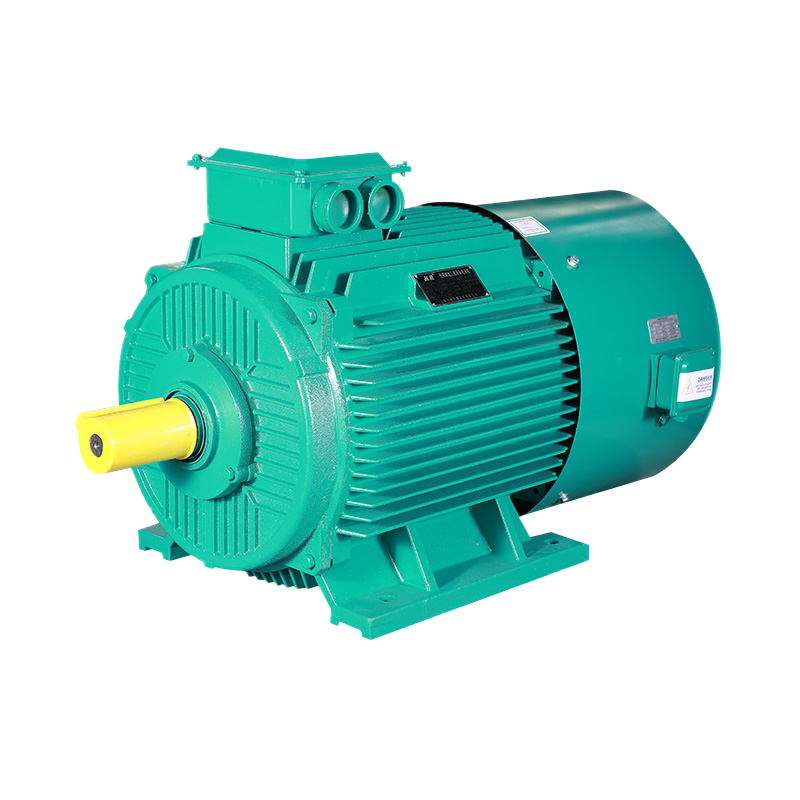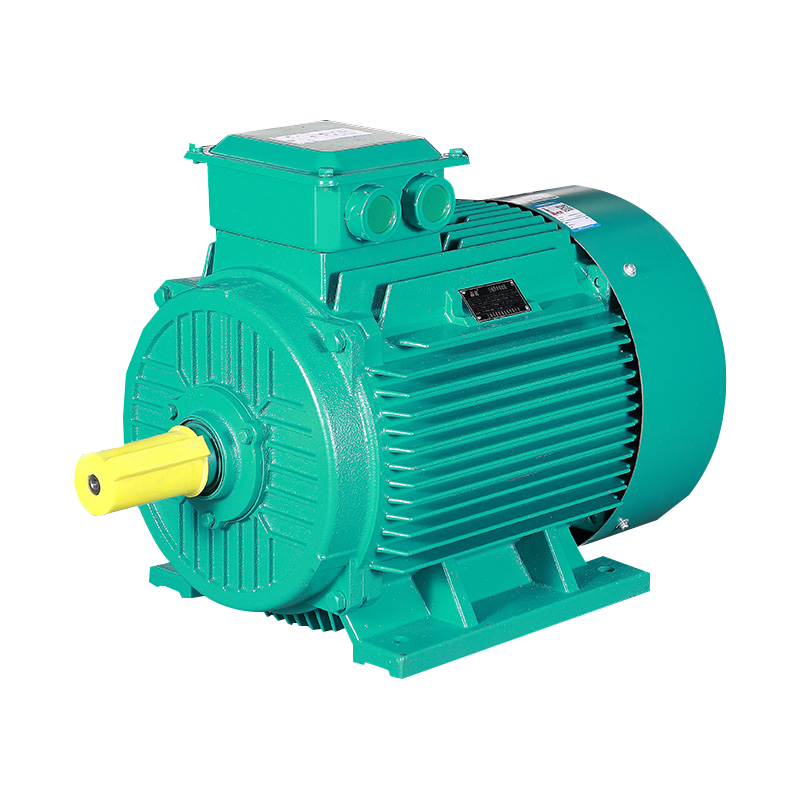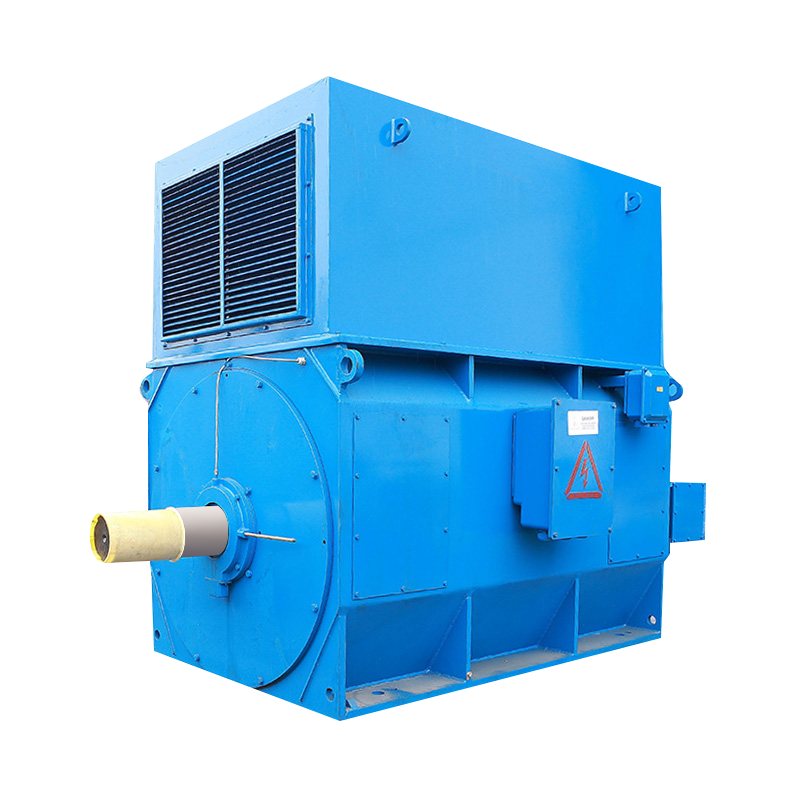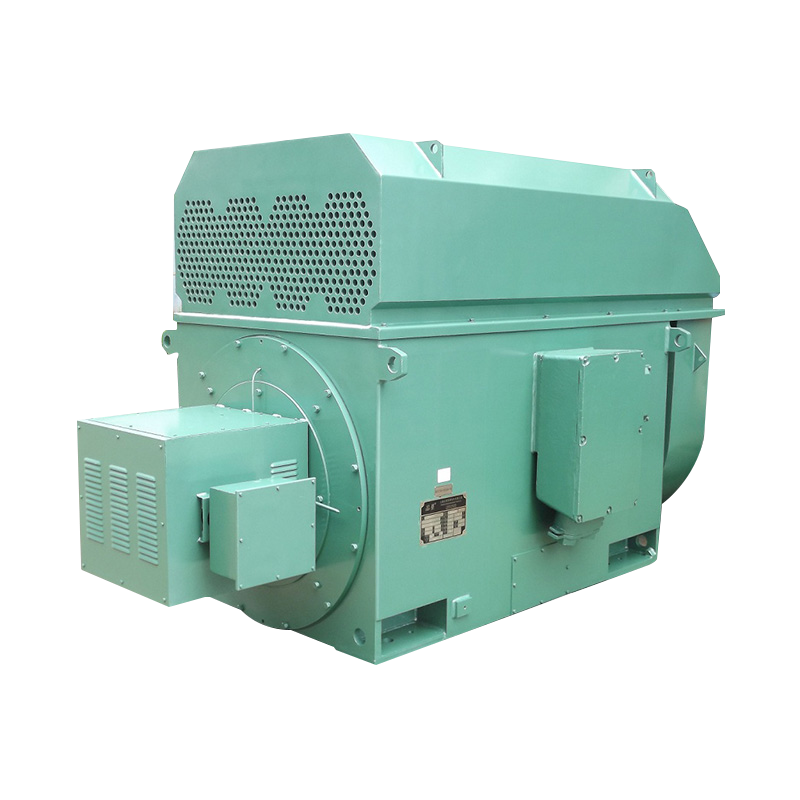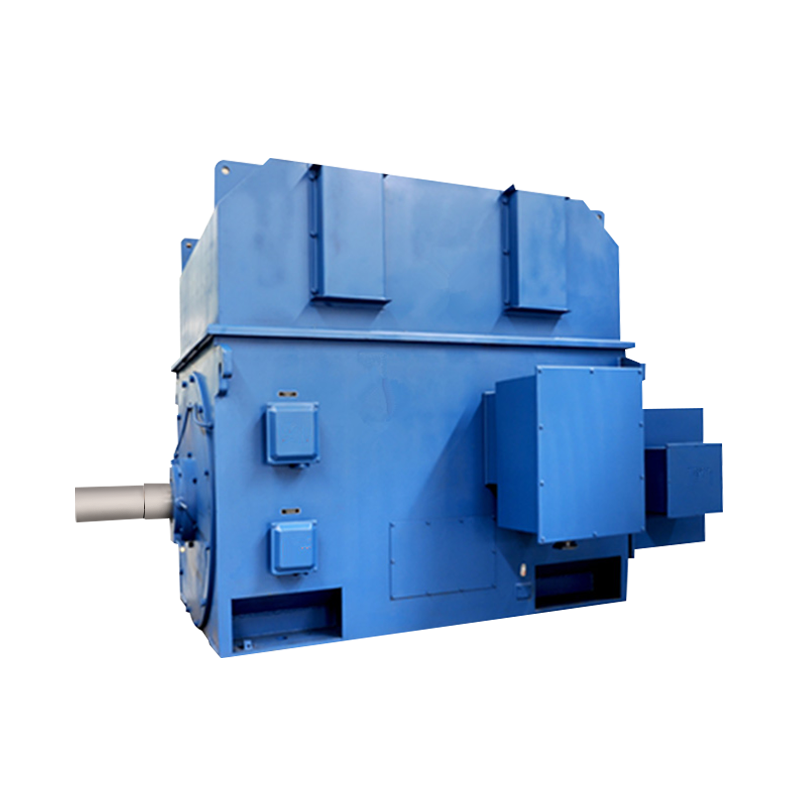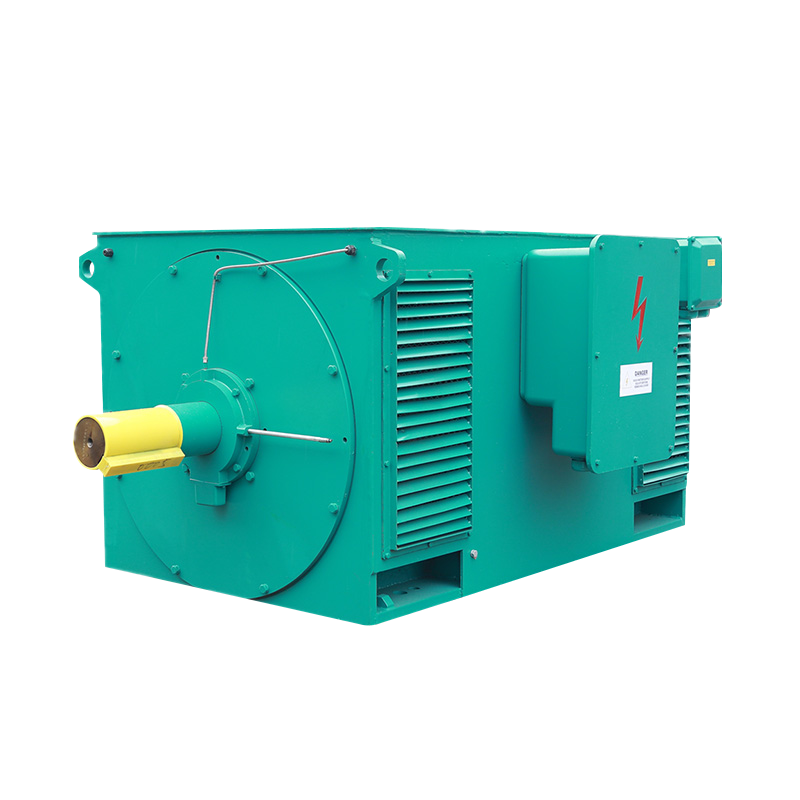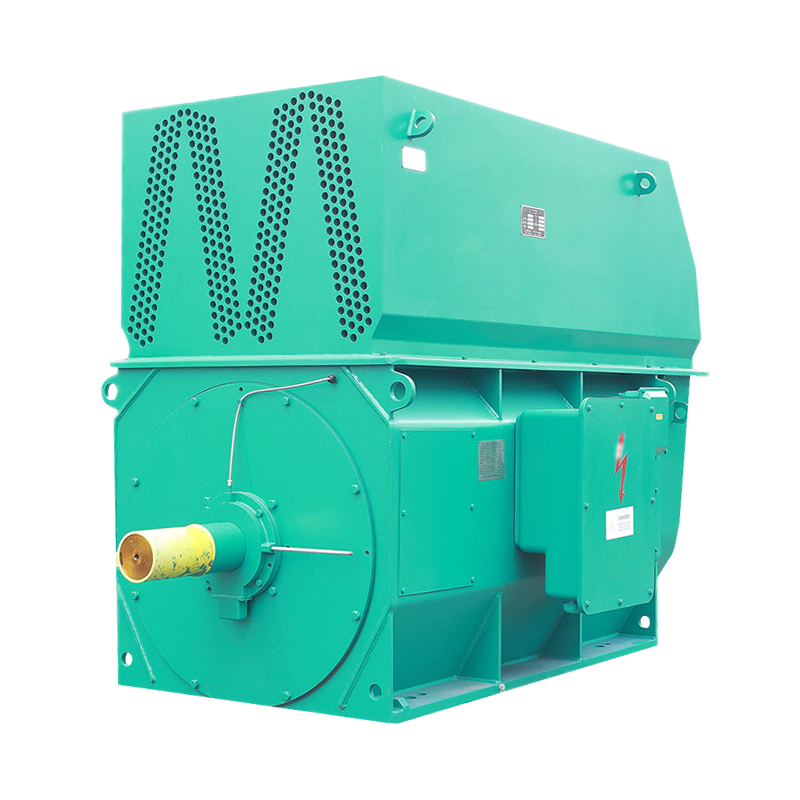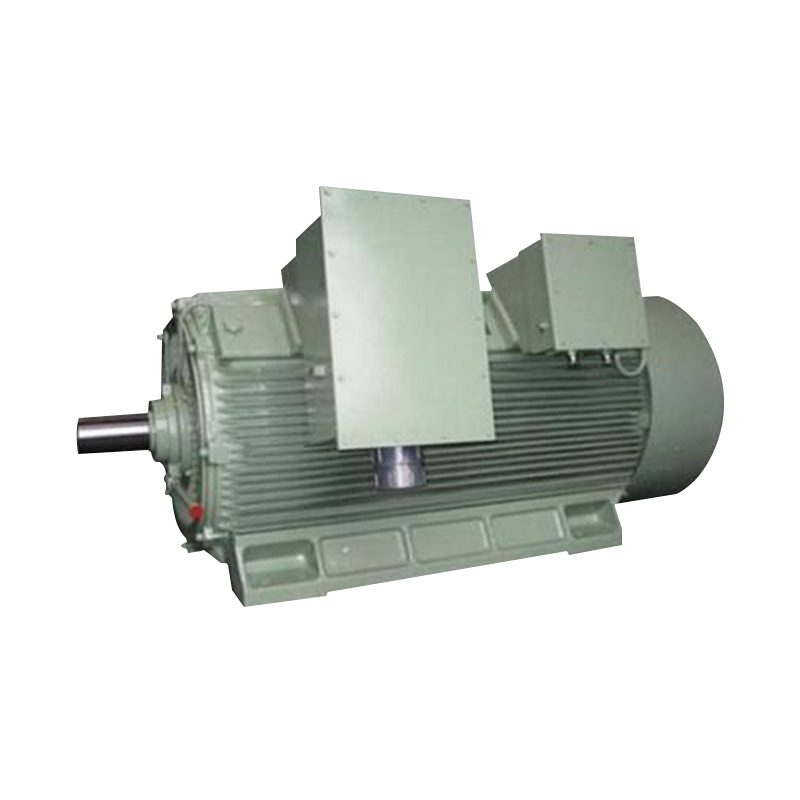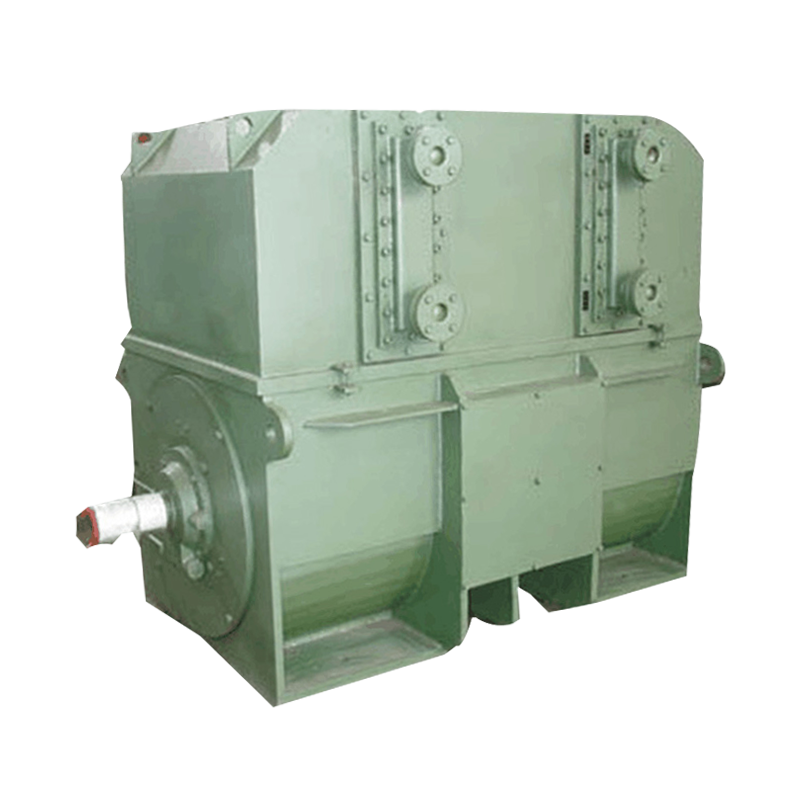How does Synchronous Motor improve motor stability and ensure efficient operation?
1. Synchronous Motor’s Core Advantage: Ensuring Constant Speed for Precision Control
1.1 Eliminating Slip Phenomenon in Motor Operation
Unlike traditional asynchronous motors that experience speed fluctuations due to slip between rotor speed and stator’s rotating magnetic field, synchronous motors maintain rotor speed perfectly synchronized with grid frequency, ensuring no speed deviation regardless of load changes.
1.2 Stable Speed as Foundation for Equipment Performance
The constant speed operation of synchronous motors supports precise control of industrial equipment, reducing fluctuations that could otherwise disrupt coordination and decrease overall system efficiency.
1.3 Enhancing System Efficiency Through Speed Consistency
By maintaining steady speed, synchronous motors provide a reliable basis for smooth and efficient production processes, helping industries meet higher demands for accuracy and operational consistency.
2. Robust Performance Amid Load Variations: Maintaining Stability and Reliability
2.1 Effective Resistance to Load Fluctuations
Synchronous motors excel in handling sudden changes in load during startup, shutdown, or operational adjustments, preventing mechanical shocks and electrical disturbances caused by speed variations.
2.2 Minimizing System Disruptions and Wear
Stable power output without speed fluctuations reduces mechanical stress and electrical interference, lowering the risk of triggering system protection mechanisms and extending the longevity of connected components.
2.3 Building a Reliable Protective Barrier for Industrial Systems
The inherent synchronous operation mechanism guarantees continuous and stable power delivery, strengthening the system’s ability to resist external interferences and ensuring uninterrupted production.
3. Enhancing Mechanical Durability and Enabling Intelligent Control Systems
3.1 Reducing Mechanical Stress and Prolonging Equipment Life
By preventing speed shocks and vibrations, synchronous motors significantly lower mechanical wear on parts like bearings and gears, leading to reduced maintenance frequency and longer equipment lifespan.
3.2 Supporting Precision and Real-Time Response in Automation
Stable motor operation improves the accuracy and speed of signal acquisition and data feedback, crucial for modern automation systems that rely on seamless real-time adjustments and intelligent control.
3.3 Simplifying Control Algorithms for Smarter Manufacturing
The consistent speed output of synchronous motors reduces the complexity of control system algorithms, facilitating smoother operation and forming a vital component of digital factories and intelligent manufacturing infrastructures.





 English
English русский
русский Français
Français عربى
عربى



